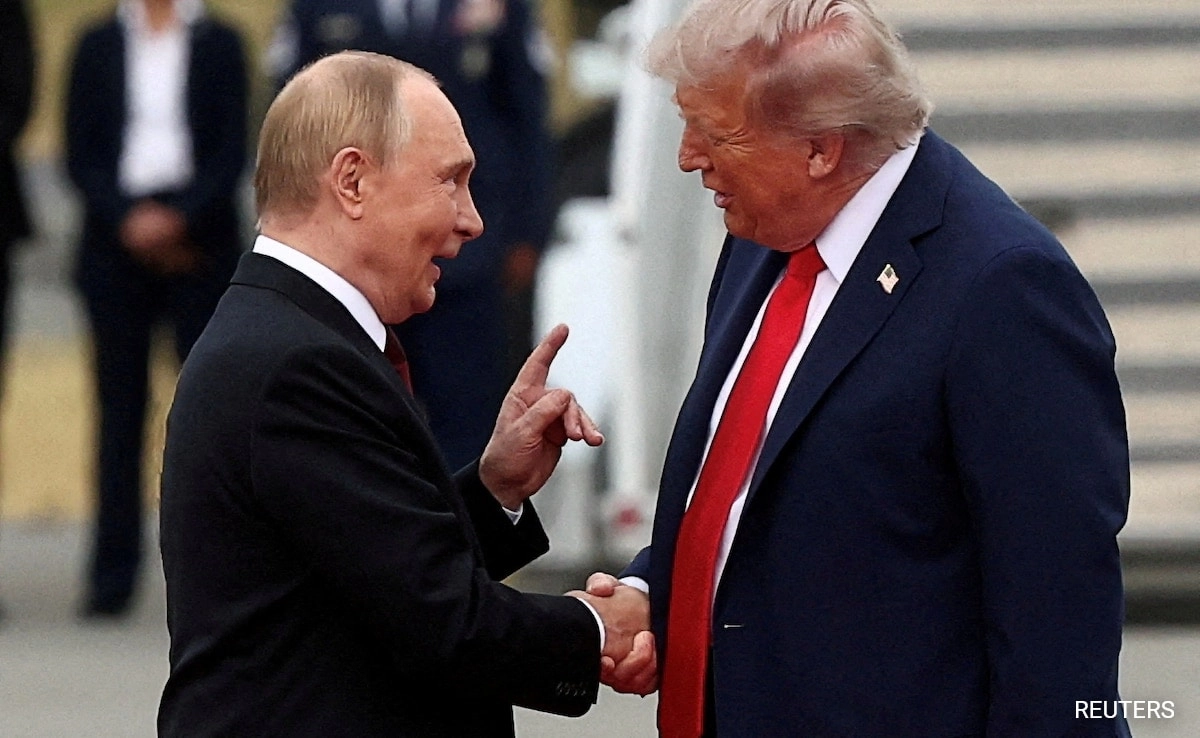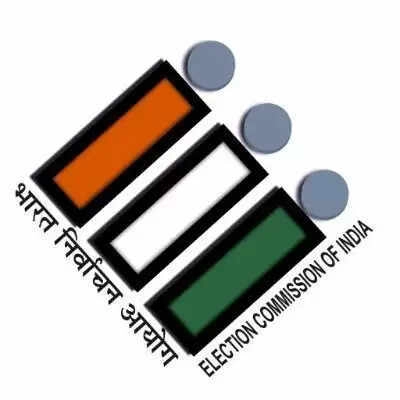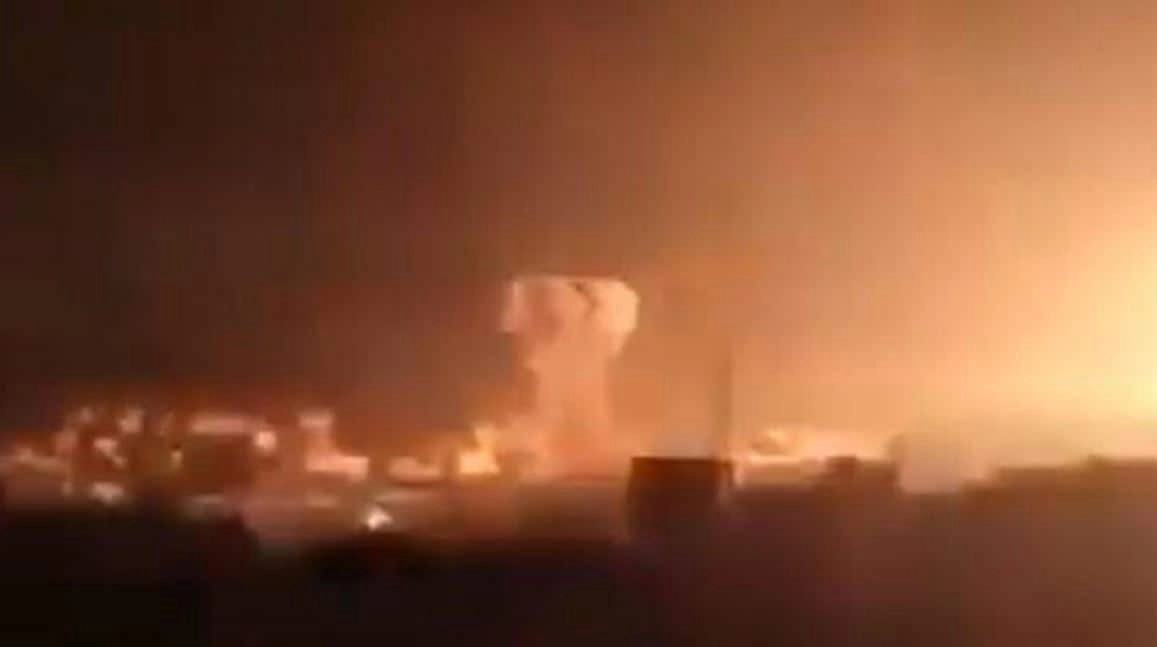In a recent statement, a U.S. official emphasized the potential impact of imposing additional tariffs on buyers of Russian oil. The official argued that such economic measures could serve as a strategic tool in encouraging Russian President Vladimir Putin to engage in diplomatic discussions. The rationale behind this approach lies in the belief that financial pressure can compel nations to reconsider their positions and foster negotiations, particularly in the context of the ongoing geopolitical tensions surrounding Russia’s actions on the global stage.
The U.S. has already implemented various sanctions and tariffs aimed at curbing Russia’s revenue from oil sales, which are vital to its economy. However, the official suggested that escalating these tariffs could further diminish Russia’s oil export revenues, thereby increasing the economic strain on the Kremlin. This, in turn, could push Putin to the negotiating table, as the Russian economy struggles under the weight of international sanctions and reduced market access. By targeting the oil sector, which is a significant contributor to Russia’s GDP, the U.S. and its allies aim to create a more favorable environment for diplomatic resolutions.
Moreover, the official highlighted the importance of a united front among Western nations in enforcing these tariffs. A coordinated effort would amplify the impact of the measures, making it more challenging for Russia to find alternative markets for its oil. This collective strategy not only serves to isolate Russia economically but also reinforces the commitment of the U.S. and its allies to uphold international norms and deter aggressive behaviors. The official’s comments underscore the complex interplay between economic sanctions and diplomatic efforts in addressing global conflicts, particularly in the case of Russia’s recent actions that have drawn widespread condemnation.
Ultimately, the goal of increasing tariffs on Russian oil buyers is to leverage economic influence as a means of achieving political objectives. While the effectiveness of such measures remains to be seen, they represent a concerted effort by the U.S. and its partners to address the challenges posed by Russia’s assertiveness in international affairs. As the situation continues to evolve, the focus will be on how these economic strategies can be balanced with diplomatic initiatives to foster a resolution that promotes stability and peace in the region.




